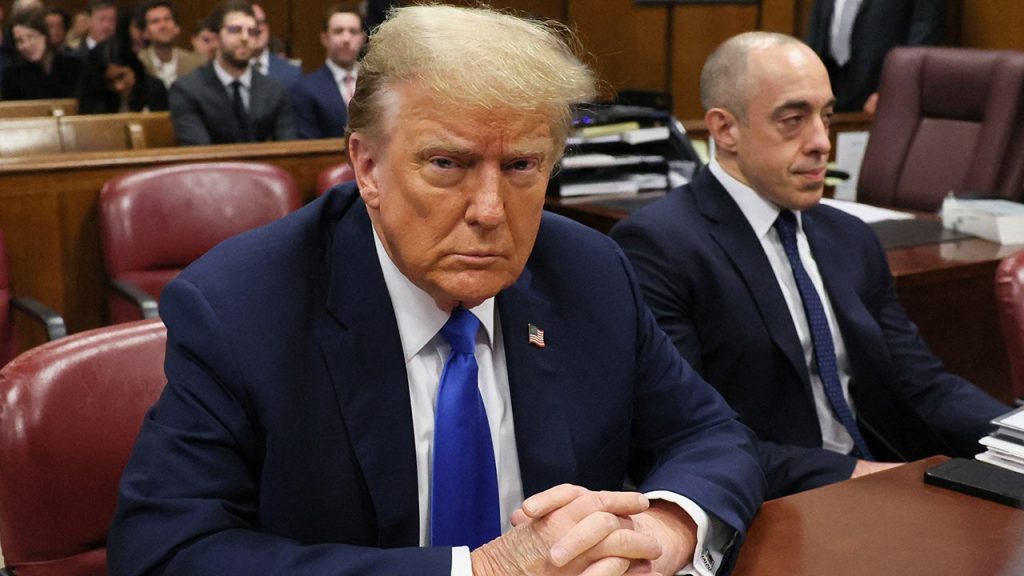The Legal Battle Continues: Trump’s Sentencing Upheld in New York Case
Former President Donald Trump’s attempts to delay his sentencing in the New York v. Trump case have been rebuffed by Judge Juan Merchan, who reaffirmed the January 10, 2025 sentencing date. This decision comes just ten days before Trump’s scheduled inauguration as the 47th president of the United States, adding another layer of complexity to the ongoing legal saga. Trump’s legal team had filed a motion for a stay of proceedings, arguing that recent Supreme Court decisions on immunity, the New York state constitution, and established legal precedents warranted the dismissal of the case. However, Judge Merchan rejected these arguments, paving the way for the sentencing to proceed as planned.
The heart of the case revolves around 34 counts of falsifying business records, for which Trump was found guilty in May. Manhattan District Attorney Alvin Bragg’s office successfully argued that Trump falsified records to conceal a $130,000 payment made to adult film actress Stormy Daniels prior to the 2016 presidential election. This payment was allegedly made to silence Daniels about an alleged affair with Trump in 2006. Trump has consistently maintained his innocence, characterizing the case as a politically motivated "witch hunt" orchestrated by Democrats to undermine his political prospects.
Trump’s spokesperson and incoming White House communications director, Steven Cheung, echoed these sentiments, labeling the case a "meritless hoax" and accusing the Manhattan District Attorney’s office of engaging in political weaponization of the justice system. Cheung asserted that the American people’s overwhelming mandate for Trump demanded an end to such pursuits and emphasized the incoming administration’s focus on uniting the country and making America great again. This narrative of political persecution has been a recurring theme in Trump’s responses to various legal challenges he has faced.
Despite the conviction, Judge Merchan has already indicated that he will not impose a prison sentence on Trump. Instead, he intends to issue a sentence of "unconditional discharge," meaning no punishment will be enforced. This decision further fuels Trump’s claims of a rigged legal system targeting him for political reasons. He has argued that the judge "fabricated the facts and the law," echoing accusations made in other legal battles he has faced. This perception of bias within the legal system is central to Trump’s narrative of persecution.
Trump’s accusations extend beyond the specific details of the case to encompass a broader critique of the New York legal system. He claims that businesses are fleeing the state due to the perceived risks of becoming entangled in what he describes as a broken and rigged legal environment. He attributes the loss of jobs and tax revenue to this perceived dysfunction, portraying himself as a victim of a system designed to stifle political opposition. This narrative resonates with his supporters and contributes to the ongoing polarization surrounding his legal battles.
The ongoing legal battle underscores the deep divisions within the American political landscape. Trump’s supporters view the charges as politically motivated attempts to undermine his presidency, while his critics see them as legitimate legal proceedings holding him accountable for his actions. The impending sentencing, coupled with Trump’s return to the presidency, sets the stage for a period of heightened political tension and legal maneuvering. The outcome of this and other ongoing legal challenges will undoubtedly shape the political discourse and potentially impact the stability of the incoming administration. The intersection of legal proceedings and political power creates a complex dynamic that continues to unfold.

